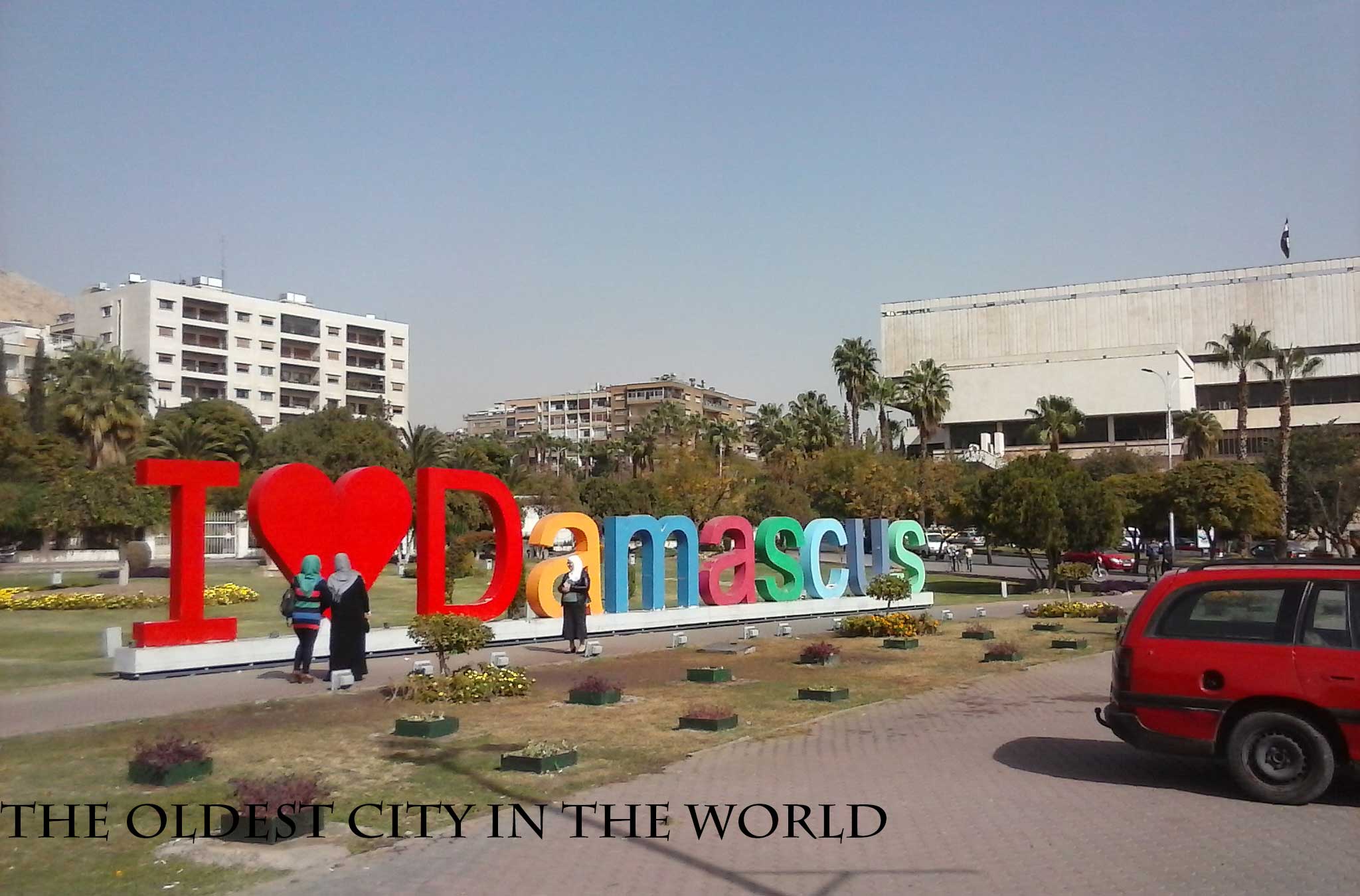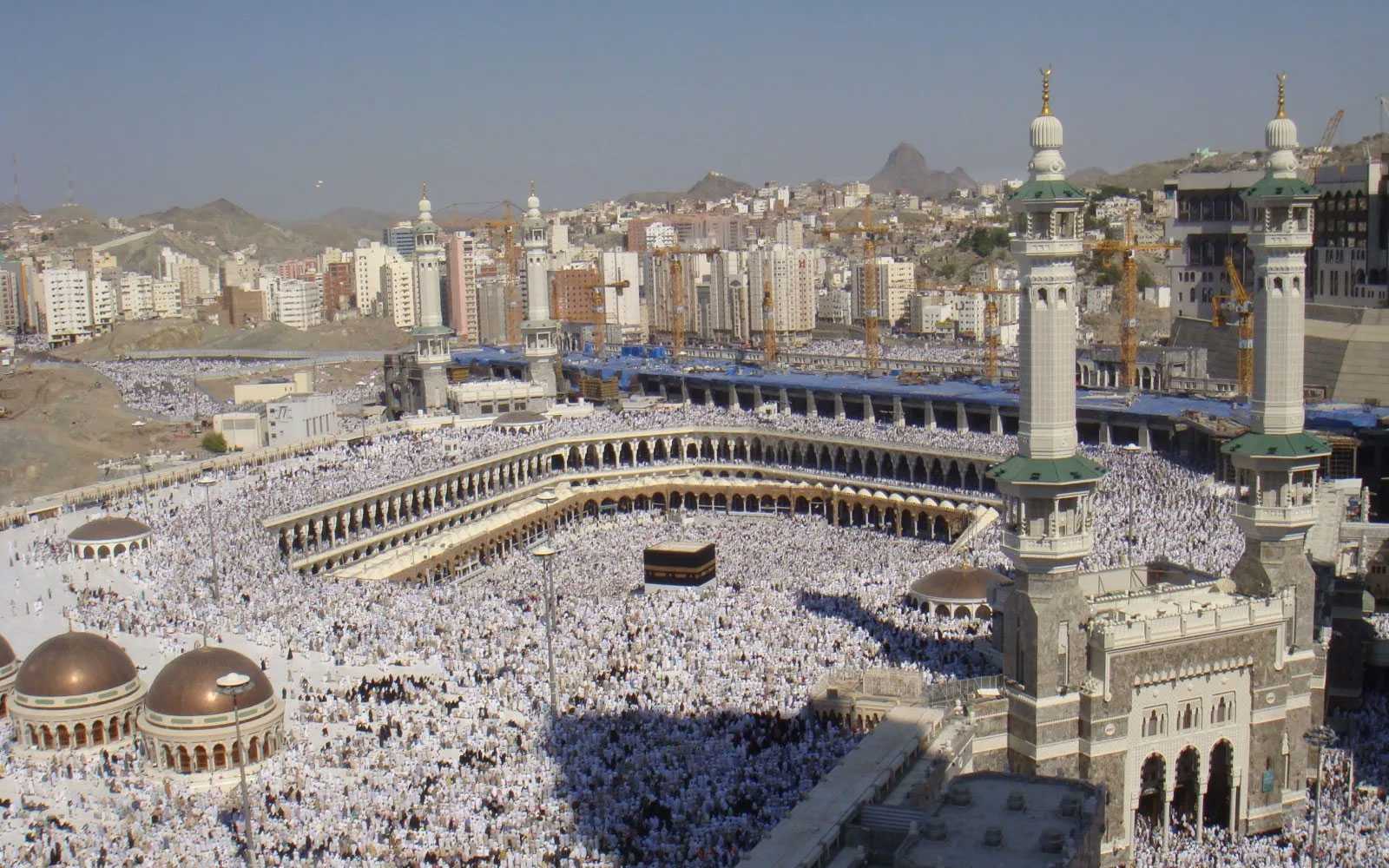
In a groundbreaking press conference held in the federal capital, the Caretaker Minister of Religious Affairs revealed that, for the first time in Pakistan's history, the cost of Hajj is lower than the previous year. The minister proudly announced a reduction of one lakh rupees, bringing the total cost down significantly without compromising on any essential aspects of the pilgrimage.
Minister Aneeq Ahmed assured the public that all arrangements for Hajj have been meticulously completed, including thorough inspections of transportation and hotels. He expressed the government's commitment to further reducing airfare, with ongoing discussions to make this vital aspect of the pilgrimage more affordable for all.
A significant development unveiled during the press conference was the digitization of Hajj in 2024. Minister Ahmed detailed plans to provide each pilgrim with a dedicated app to ensure their seamless journey. Through this app, pilgrims will have access to 7 GB of data in a SIM card, facilitating communication during their 40-day pilgrimage, mirroring their usage in Pakistan.
The announcement coincided with the Federal Cabinet's approval of amendments in the Hajj Policy 2024. A total of 179,210 Pakistanis will have the privilege of undertaking Hajj in the upcoming year.
Under the revised Hajj policy, unused sponsorship quotas from public and private schemes will be returned to the Government of Saudi Arabia. Additionally, a foolproof monitoring system will be implemented to oversee the financial arrangements of Hajj group organizers.
In a significant departure from previous policies, the new guidelines eliminate age restrictions for Hajj duty. Even children under 10 years of age will now be eligible to perform the sacred pilgrimage. Private Hajj schemes will relax the requirement for accompanying attendants for individuals above 80 years old.
Hajj Group Organizers are mandated to enter into agreements with Hajj to hire local assistants during the pilgrimage. Violation of this provision may result in fines and blacklisting of the organizer.
Notably, the new policy aims to reduce the hardship Hajj quota and allocates 50% of the quota of local assistants to Pakistani students studying in local universities in Saudi Arabia. These students will serve as welfare staff during the pilgrimage, further strengthening the ties between Pakistan and Saudi Arabia.
;More Travel News
-
 30-Dec-2020What are The Most Beautiful Places To Travel in North Areas of Pakistan?
30-Dec-2020What are The Most Beautiful Places To Travel in North Areas of Pakistan? -
 30-Apr-20205 Situation When it Make Sense To Purchase Travel insurance?
30-Apr-20205 Situation When it Make Sense To Purchase Travel insurance? -
 27-Aug-2019Want to see The Oldest City in The World
27-Aug-2019Want to see The Oldest City in The World -
 14-Apr-2020Explore The Facilities of Best Umrah Packages From Pakistan
14-Apr-2020Explore The Facilities of Best Umrah Packages From Pakistan -
 25-Jan-2021Top 10 Places should Visit in Pakistan in 2021
25-Jan-2021Top 10 Places should Visit in Pakistan in 2021 -
 15-Aug-2023UAE Implements Travel Ban on Nationals from 20 African Countries
15-Aug-2023UAE Implements Travel Ban on Nationals from 20 African Countries -
 18-Apr-2019List of Important Things to Keep in your Bag while Travelling to Pakistan
18-Apr-2019List of Important Things to Keep in your Bag while Travelling to Pakistan -
 27-Feb-2020Due to Coronavirus Saudi Govt Banned Umrah Temporarily
27-Feb-2020Due to Coronavirus Saudi Govt Banned Umrah Temporarily
